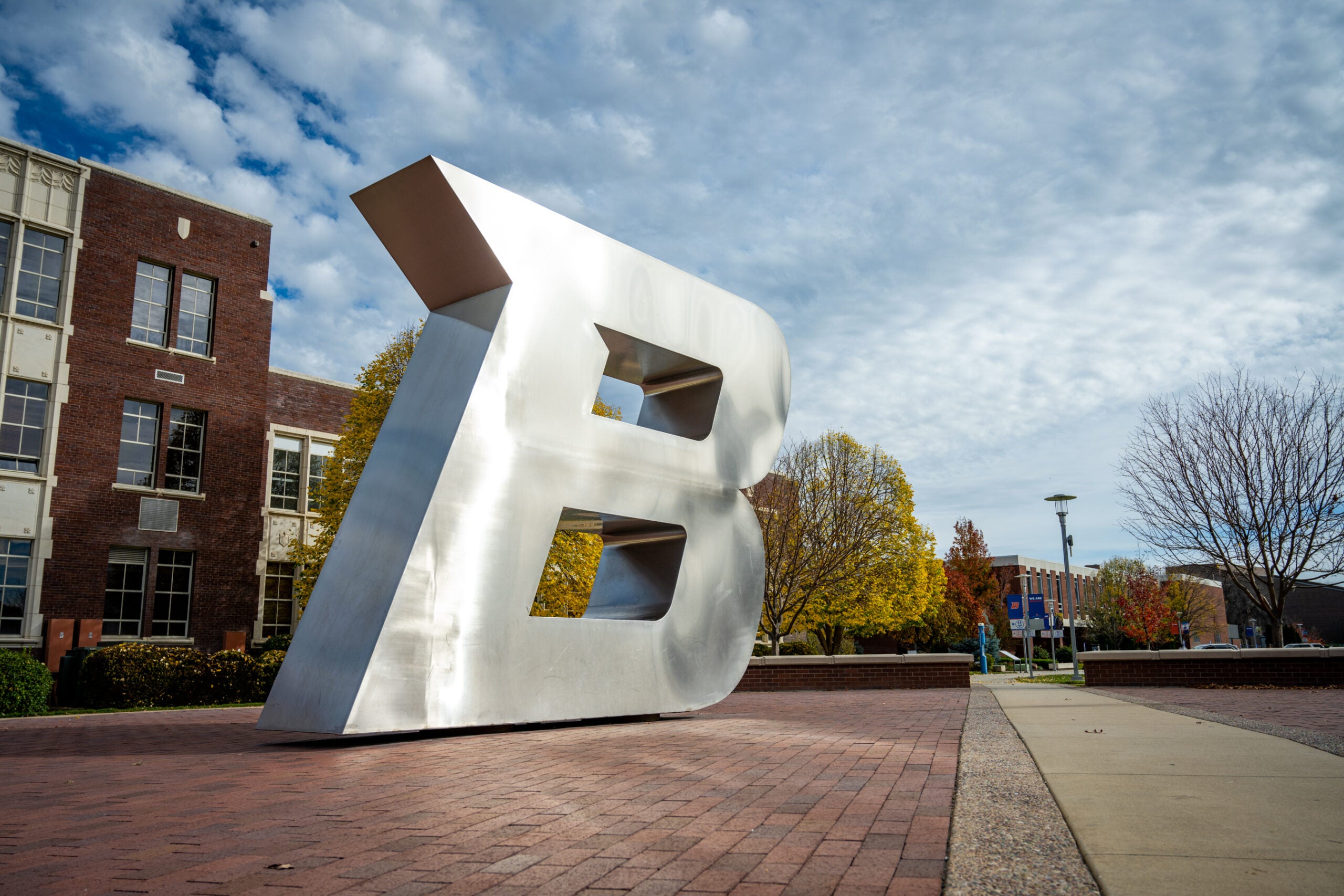
- This event has passed.
Graduate Defense: Tilley Bubb
February 26 @ 12:30 pm - 2:30 pm MST


Dissertation Information
Title: Exploring Policy Change And Policy Entrepreneurs In The Creative Economy Sector
Program: Doctor of Philosophy in Public Policy and Administration
Advisor: Dr. Amanda Ashley, School of Public Service
Committee Members: Dr. Stephanie Witt, School of Public Service; Dr. Shoshanah B.D. Goldberg-Miller, Public and Urban Policy; and Dr. Carolyn Loh, Urban and Regional Planning
Abstract
The creative economy is a relatively new policy arena focusing on the consumption and production of culture and cultural products, urban development and placemaking, intellectual property protection, entrepreneurship and innovation, tourism, sustainability, and social impact. Despite its documented growth in U.S. cities in the past twenty years, we know very little about how these policy innovations spread and who advocates for them. To contribute to public policy research and the creative economy sector, I ask the following overarching question: How are emerging creative economy policy innovations spread, adopted and implemented in cities identified as highly creative in the United States? To expand on this foundational question, I ask a series of supporting questions aiming to identify the perceived problems, policy solutions, policy actors, and barriers. I deploy a qualitative methodology, conducting semi-structured interviews with 27 purposefully selected cultural and creative economy leaders in 13 U.S. cities. I explore the data using NVivo coding software through the theoretical lenses of Diffusion Theory, Multiple Streams Framework and Complexity Theory. I find that no single theory is sufficient to explain how creative economy policy is made although they capture some aspects. My research project contributes to the public policy field by extending the application of theories in a sector where they have not previously been applied together. It contributes to the creative economy field by exploring how multiple theories contribute to understanding the ways policy innovations spread and are adopted in this sector.

